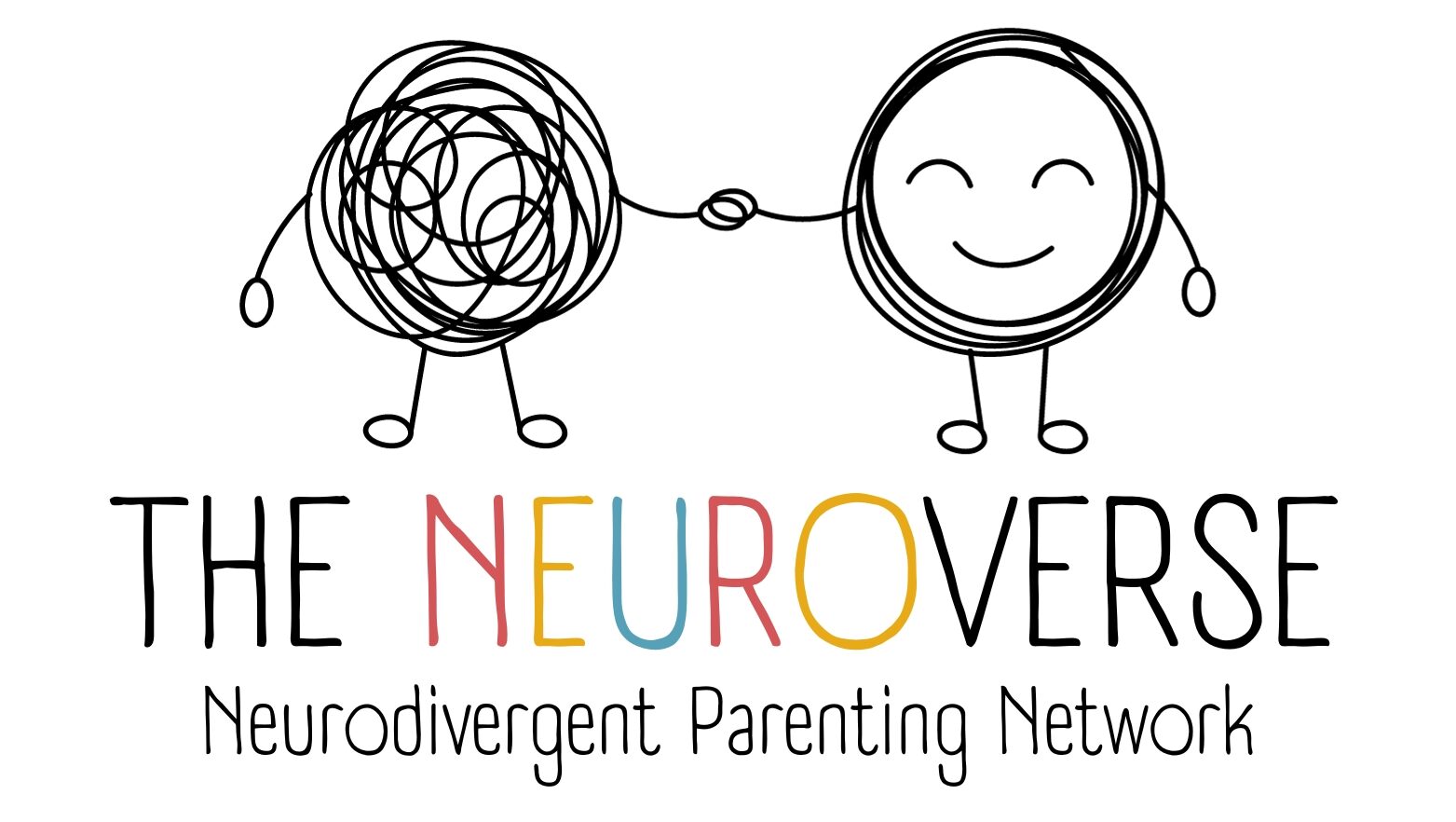Navigating Puberty with Your ADHD Teen

Puberty is tough for all kids (and their parents!), but when you throw ADHD into the mix, things can feel even more overwhelming. This stage of life is complicated for neurotypical teens, but for neurodivergent kids with ADHD, there can be extra challenges.
Interestingly, some might actually see an improvement in their ADHD symptoms, but for many, it’s just one more hurdle.
Let’s break things down so we can make this journey a little smoother for everyone.
Puberty: Neurotypical vs. Neurodivergent Teens
For neurotypical teens, puberty is about the usual changes: growth spurts, developing sexual characteristics, and mood swings (oh joy!). While it’s tough, most neurotypical teens have a social support system to help them through.
But for our neurodivergent kids, things can look a bit different:
- Sensory Sensitivities: Puberty can bring heightened sensitivity to smells (think body odour), menstruation, or even how clothes feel. These changes can be tough for them to cope with.
- Social Understanding: With all the shifting social norms, many neurodivergent teens struggle to keep up and may feel isolated.
- Emotional Regulation: Hormonal changes can make it even harder for them to manage emotions, leading to frustration or meltdowns.
ADHD and Puberty: What to Expect
Teens with ADHD might face:
- Intensified Symptoms: Hormonal shifts can make ADHD symptoms worse, like more inattention, impulsiveness, and hyperactivity.
- Emotional Immaturity: Some ADHD teens may mature later than their peers emotionally, which can make social interactions a little trickier. The world of social media adds even more pressure, and neurodivergent teens may feel left out or confused.
- Risky Behaviours: Increased impulsivity can lead to risky behaviours, like experimenting with drugs or alcohol.
- Struggles with Organisation: Managing schoolwork, time, and responsibilities can become more overwhelming as there is so much more information to manage and process.
- Medication Issues: As they grow, their bodies change, which can affect how ADHD meds work. Kids may also feel ‘different’ or want control and may rebel against medication taking. Ensure you are checking in with your child’s doctor!


ADHD and A Reduction in Symptoms
Interestingly, some kids with ADHD may actually experience a reduction in symptoms during puberty. A study by Joel Nigg, Ph.D., suggests that hormonal changes and brain development during this time might help some kids manage symptoms like impulsivity and emotional regulation a bit better. But, it’s important to note that this won’t happen for everyone – some kids may still struggle with symptoms into adulthood.
Risks: More Than Just Puberty Changes
Your teen is also at an increased risk for a few other challenges during puberty:
- Screen Time Addiction: ADHD teens are more prone to excessive screen time, especially since many struggle with social interactions and retreat into the digital world. This can lead to issues like phone addiction and, for some, even pornography addiction. Look out for anxiety, depression, and sleep disturbances which are related to this.
- Substance Abuse: Teens with ADHD are at a higher risk of experimenting with drugs or alcohol. This is sometimes in relation to their impulsivity or social pressure to fit in.
- Early Pregnancy: Unfortunately, teens with ADHD are more likely to experience early pregnancy than their neurotypical peers, with studies showing they are more than twice as likely to become pregnant early.
How You Can Help Your ADHD Teen Through Puberty
It can feel like a lot to manage, but there are steps you can take to make things a little easier for both you and your teen. Here are some ways to offer your support:
- Talk Early and Often
- Bring up puberty before it happens and keep the conversation going. Be honest and open, using clear, straightforward language, and don’t be afraid to revisit topics.
- Use Visual Aids
- Social stories and charts can help explain bodily changes and social expectations in a way that’s easier to understand. A book about puberty and the changes is a great addition to your chats.
- Stick to Routines
- A consistent schedule can help your teen feel more secure and less anxious. Keep daily tasks like schoolwork and body hygiene predictable.
- Teach Hygiene
- It may not come intuitively to your neurodivergent tween/teen. So, break down hygiene routines into manageable tasks and use visual checklists to help them stay on track if necessary.
- Create Sensory-Friendly Spaces
- Make sure they have a quiet space to retreat to when they’re feeling overwhelmed. Tools like noise-cancelling headphones or weighted blankets can be super helpful.
- Help Develop Social Skills
- Role-playing social situations can help them practice and feel more confident. Use everyday scenarios to teach and reinforce social skills. Workshops like our Friendship Forward Skills can help tweens traverse social situations with more confidence.
- Work with Professionals
- Your teen’s needs may change as they grow, so make sure you’re in touch with healthcare providers, therapists, and teachers to tailor strategies that work for them.
- Encourage Peer Connections
- Help your teen build friendships in spaces that feel safe and inclusive. Look for groups or activities that welcome neurodivergent kids.
- Keep an Eye on Mental Health
- Anxiety and depression can be more common in neurodivergent teens, so watch for signs and seek support if needed.
- Teach Self-Advocacy
- Encourage your teen to express their needs and learn self-regulation techniques. The more independent they become, the better they’ll be at handling challenges.

Helpful Tip: Monitor Screen Time and Teach Screen Hygiene
It’s easy for screen time to get out of hand, especially with ADHD teens who may struggle with impulse control. Here’s a simple way to keep track of screen use and help teach healthy habits:
- Set Screen Time Limits: Use apps or built-in phone settings to set daily limits on screen time for different activities like social media, games, or videos. This helps your teen stay mindful of how much time they’re spending online.
- Create Screen-Free Zones: Designate certain areas of the house (like the dining table and bedrooms) as screen-free zones. This can also help with sleep hygiene by reducing screen use before bed.
- Encourage Screen Hygiene: Just like physical hygiene, screen hygiene is about keeping their digital world healthy. Talk to your teen about balancing screen time with other activities. Remind them to take breaks every hour to rest their eyes and stretch, and help them set a routine where screens are turned off at least 30 minutes before bed to improve sleep quality.
- Be Open About Online Safety: Have regular chats about what they’re doing online and teach them how to recognise harmful content. Make sure they understand the importance of respecting privacy and maintaining healthy online boundaries.
Puberty is a tough time for all kids, but with patience, understanding, and the right support, your neurodivergent teen can navigate this stage with more confidence and ease. Remember that each child is different, and embracing their unique needs and strengths is key to supporting them through this transition.
References
- National Autistic Society. (n.d.). Autism and anger management – a guide for parents and carers. Retrieved from autism.org.uk
- Sheffield Children’s NHS Foundation Trust. (n.d.). Puberty and autism in boys. Retrieved from library.sheffieldchildrens.nhs.uk
- Mentally Healthy Schools. (n.d.). Puberty. Retrieved from mentallyhealthyschools.org.uk
- Autism Parenting
- ADDitude Magazine. (n.d.). Puberty and ADHD Symptoms in Teens. Retrieved from additudemag.com
- ReachOut Parents. (n.d.). What is Puberty Like for Teens with ADHD? Retrieved from parents.au.reachout.com
- Understood.org. (n.d.). ADHD and Puberty: Things to Know. Retrieved from understood.org
- The Times. (2024). Fifth of older teens have problematic reliance on phones. Retrieved from thetimes.co.uk
- Psychology Today. (2016). Autism and screen time: Special brains, special risks. Retrieved from psychologytoday.com
- PMC. (2018). ADHD and early pregnancy risks. Retrieved from pmc.ncbi.nlm.nih.gov



Leave a Reply